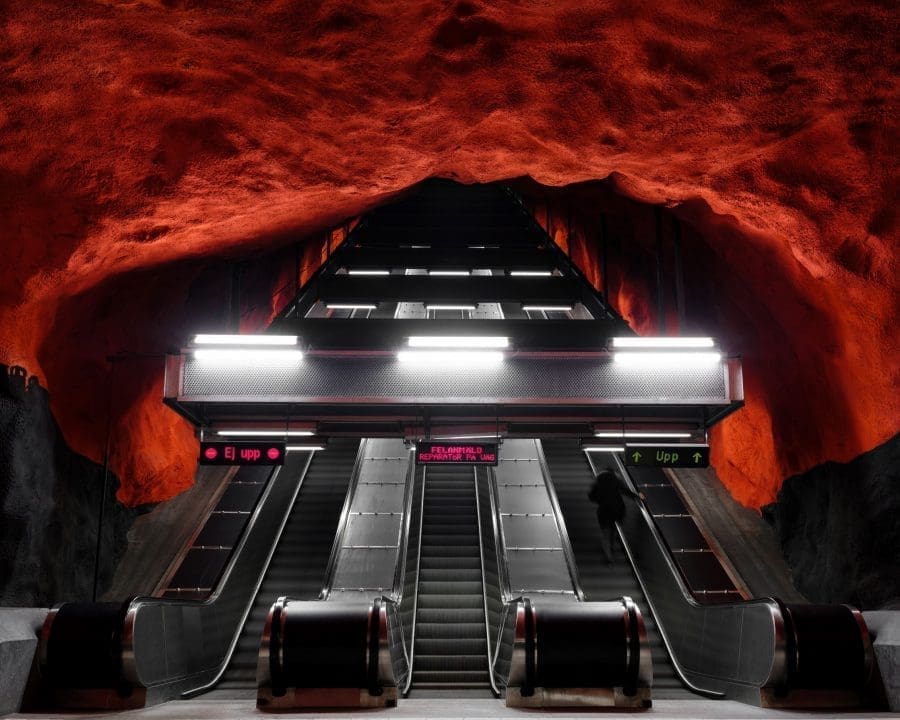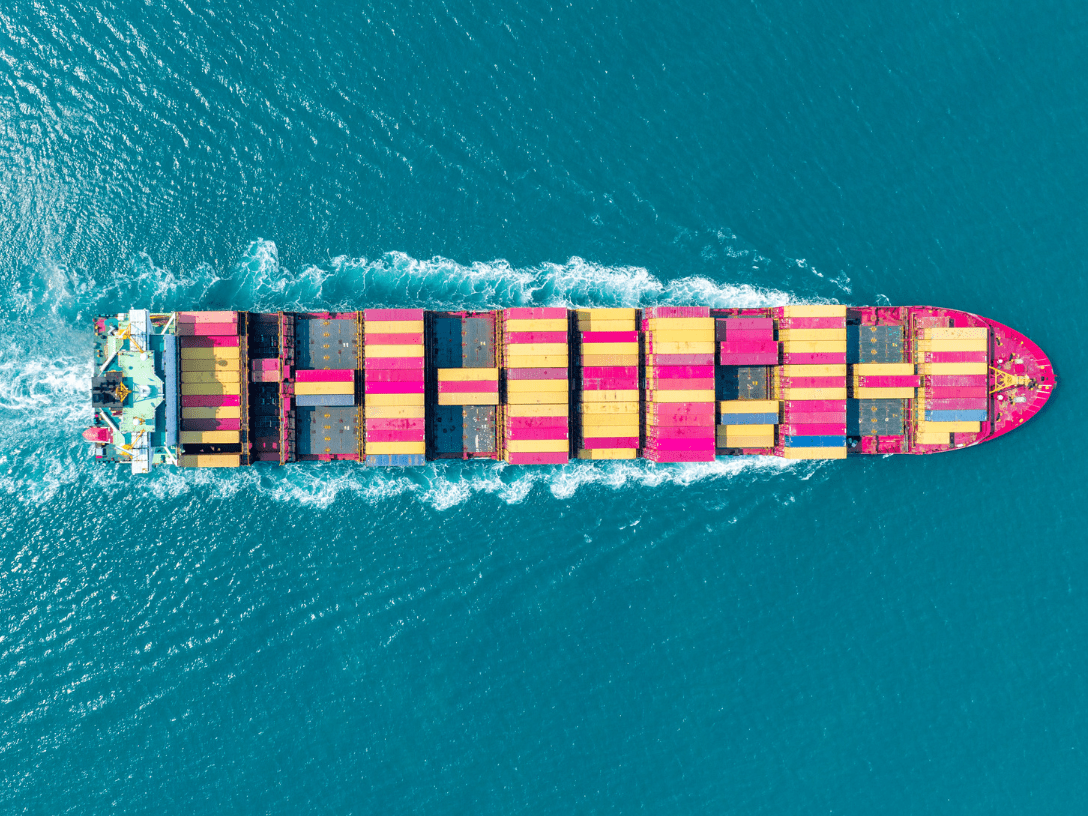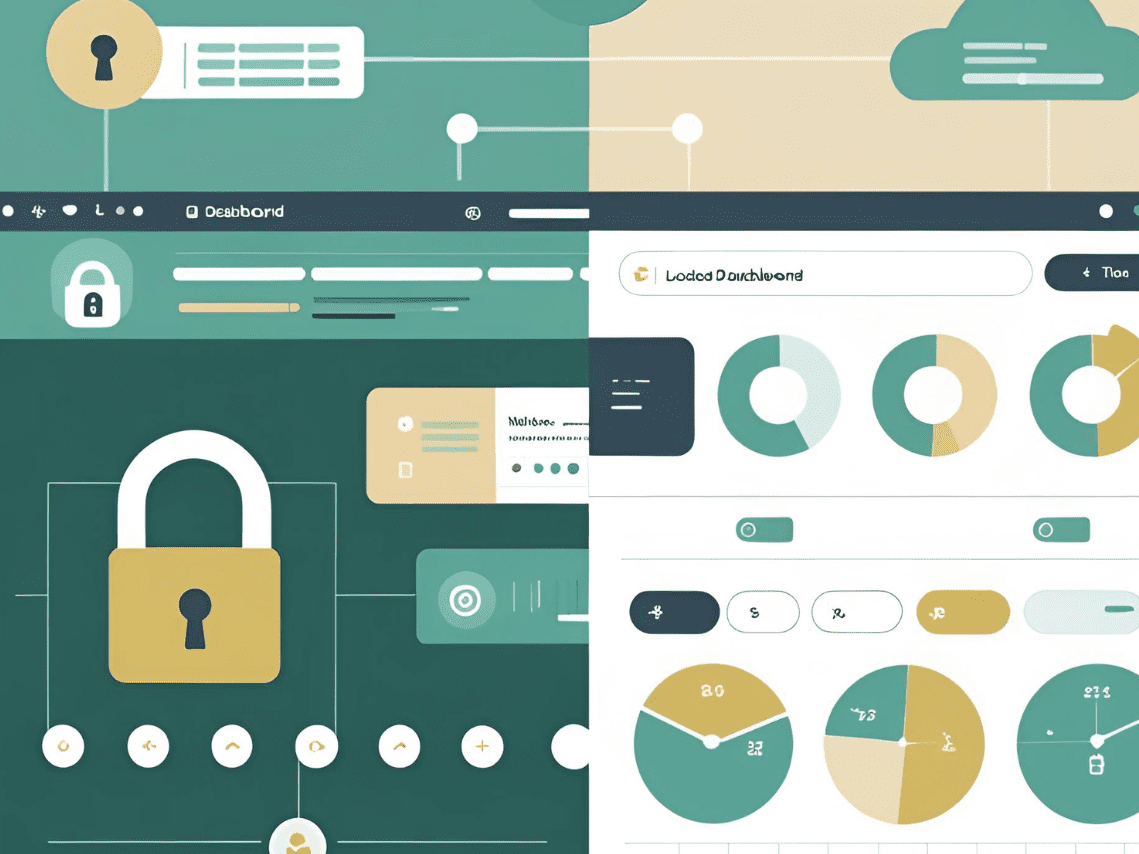Updating Stockholm’s Metro to meet the needs of a changing city
Stockholm is a city undergoing big changes. As one of the fastest growing cities in Europe, it has seen its population swell to over two million in the last ten years. Every year, there are 40,000 more Stockholmers – with half moving to the city from elsewhere in Sweden and other parts of the world, and the other half being born here.
All these new people mean the city’s infrastructure needs to grow and adapt too. And with the population growing by the equivalent of two busloads every day, the task of upgrading the capacity of Stockholm’s public transport system is not a small one.
Public transport in Stockholm is undergoing a period of major development, which is opening up major opportunities for suppliers. A 6km commuter rail tunnel opened under the city in 2017. Now the government, Region Stockholm and four municipalities are investing SEK 30 billion to build 20km of new Metro track and 11 new stations. The increased capacity will help the city’s residents, new and old, get from their newly built homes to their newly created jobs.
But the project is not simple. Stockholm famously presents some interesting challenges for large-scale construction projects, which creates additional considerations for those involved in both project management and the construction process.
Unique challenges
The Stockholm Metro project is made more complex by two principal factors. Firstly, geological factors mean that some construction must take place very deep underground and secondly, the Metro is located right in the heart of a bustling city and is relied upon by a huge number of people every day.
The bedrock under Stockholm is well suited for building tunnels, but fissure zones in some places have to be accounted for. This means that part of one particular tunnel will be built in the rock under the sea, which also means high water pressure. The tunnels have to be sealed as they are being built. A combination of expertise and fresh thinking is also needed to tackle the challenges of constructing the ultra-deep stations at Sofia and Gullmarsplan, with the former being 100 metres below ground, making it one of the deepest in the world. Gullmarsplan is about 70 metres underground. Both stations will have to use a number of large express lifts instead of escalators for travellers.
A project of this size will be noticed in the city. And in a city as busy as Stockholm, it is important to ensure people are still able to travel around as easily and quickly as possible. That’s why it is important for suppliers to understand the complexity of working in places where people are going about their daily lives and to do everything they can to avoid unnecessary disruption.
Expertise and capacity
These challenges make finding the right suppliers even more important to the success of the Stockholm Metro project. It calls for a unique blend of expertise and capacity in order to handle not only the scale of the work but the challenging nature of it.
The project is being implemented by Förvaltning för utbyggd tunnelbana (FUT – the management of the underground railway), part of Region Stockholm (formerly SLL). As a public organisation, FUT is required to follow procurement law, particularly the Act on Procurement in the Water, Transport and Postal Services Sectors, LUF. Because the skills and capacity needed are so specific, the procurement process is an international one. Using a pre-qualification system makes the procurement work easier and makes it possible to find potential suppliers who are right for the project.
The project is using the Achilles TransQ system to ensure suppliers have the correct level of technical ability and capacity, as well as financial position, to be a successful addition to the project.
We collect and validate supplier data and mitigate risk so that important projects like this one can be sure they have the highest performing, most sustainable and secure supply chain possible. We help buyers operate in confidence knowing that the suppliers they work with are likely to be effective additions to a project. And likewise, we give suppliers the opportunity to clearly document and demonstrate their capabilities and fit for the project, ensuring they are visible to the right people.
Building the future of underground travel
Stockholm is not the only city looking to update an ageing underground travel system. Around the world, large metropolitan areas are looking to use the latest technology and advances in construction to deal with the demands of larger populations.
Examples include Sydney updating its busiest station to accommodate an increase in passengers from 270,000 to 450,000 over the next two decades. Meanwhile the LAX Automated People Mover will begin ferrying commuters from LA to its airport in 2023. These major infrastructure projects are all costly, complex and will depend on large supply chains – their success depends on putting the right procurement process in place.
The Stockholm Metro project is an example of how cities all over the world are responding to the needs of their growing populations. We supply the business intelligence and insight that means procurement doesn’t have to take up all of a project team’s time, energy and money. And by reducing costs and risks, we can help large-scale projects like the Stockholm Metro and suppliers across the world to partner more effectively and achieve the best outcome.
“Everything you need to know about Stockholm’s new Metro” – FUT


